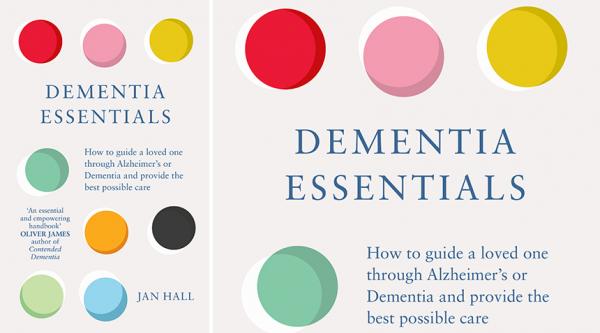Sex and intimacy - adapting to changes in partners
The partners of people with dementia describe a wide range of feelings about their continuing sexual relationships. Read some of the most common feelings.
Feelings range from the pleasure of sex being something they can still share to confusion at being touched by someone who at times seems like a stranger.
As dementia progresses, the situation often changes, and so may the feelings of those involved.
Partners' feelings may not change towards the person they are caring for at all. They may find that they can connect with their partner through sex even if they are finding it difficult to communicate in other ways.
- Some partners who are carers feel exhausted by their caring responsibilities and don't feel they have the energy to enjoy sex. This can be frustrating for their partner.
- Some partners find that the physically intimate tasks they have to perform for the person with dementia, such as bathing or helping them use the toilet, can put them off the idea of sex. This can make a person with dementia feel they have lost their dignity and may affect how they feel about themselves and their partner.
- Many people find it hard to enjoy a sexual relationship if many other aspects of the relationship have changed and little else is shared. This can make it feel like the sex has no meaning. If this is the case, it's important to give the partner with dementia plenty of reassurance and affection in whatever ways feel appropriate.
- Some people feel that the dementia can make their partners clumsy or inconsiderate. If this is the case, partners need to be proactive in finding new ways to be intimate together - whether or not this involves sex.
- Depending on how the dementia affects their relationship, some partners continue to sleep in the same bed as their partner. Others choose to move to single beds or separate rooms. If a partner does decide to move rooms, note that this can be disorienting or distressing for the person with dementia. It may be helpful to discuss such matters with your community nurse, support worker, GP or psychologist (if you have one). Practical issues, such as knowing when the person has got up in the night, may be helped by certain aids such as sensors.








